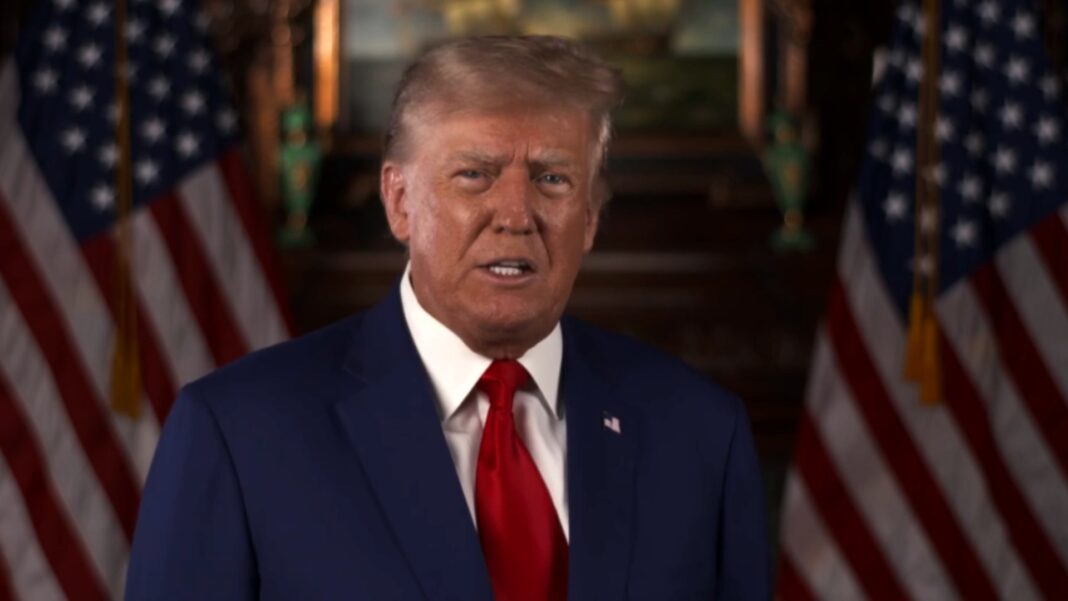
Former President Donald Trump, who made his fortune as a real-estate magnate, is tapping into that background to chart America’s future.
While making his third run for the U.S. presidency, Trump released a proposal that fell outside of conventional campaign rhetoric.
If elected, Trump says his plan would propel the nation into a new era of economic development, innovation and prosperity.
Trump envisions 10 gleaming new “Freedom Cities” rising on now-vacant federal land, with so-called “flying cars” transporting people and goods as new manufacturing centers churn out products here instead of overseas.
Those are among the desired outcomes of his “Quantum Leap” plan. Supporters are excited about those possibilities. But several experts dismiss the proposal as unrealistic.
Still, even skeptics commend Trump for “thinking big,” countering Republican opponent Chris Christie’s recent contention that Trump has fostered “small” thinking in America.
Some who doubt the plan’s feasibility concede that it sets a forward-looking agenda and tries to address the nation’s shortage of affordable housing–a growing problem.
But Trump’s supporters say they’re confident that his plan will boost Americans’ standard of living if he secures a second term in the 2024 election.
Jason Meister, a New Yorker who serves on Trump’s campaign advisory board, said the Quantum Leap proposal will “reignite American imagination.”
He sees Trump as a visionary and says he is the only candidate strongly emphasizing “American exceptionalism,” the belief that the United States is the world’s greatest nation, a land of opportunity, freedom and innovation.
“Trump 2.0 means nothing less than a complete disruption of the existing political order,” Meister said.
Meister and a trio of other Trump advisors spoke with The Epoch Times about the potential they see for the Quantum Leap plan. The Epoch Times also interviewed experts who weighed the proposal’s pros and cons.
By Janice Hisle and Nathan Worcester








